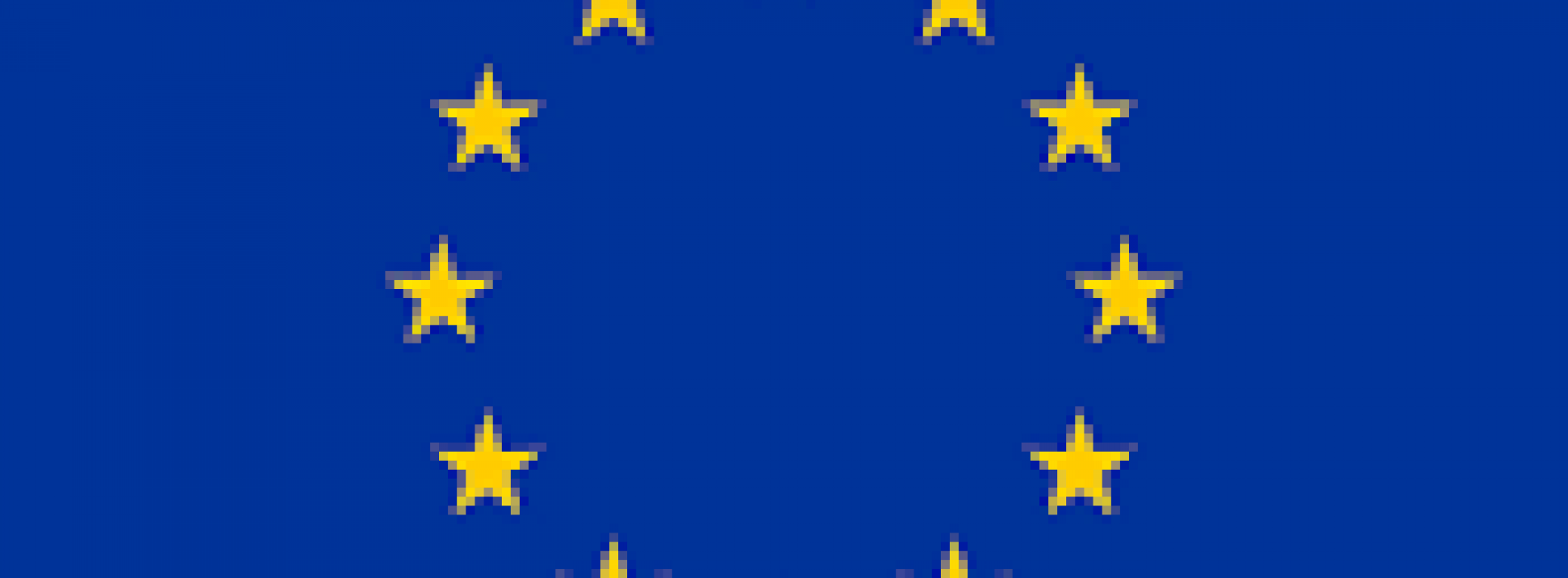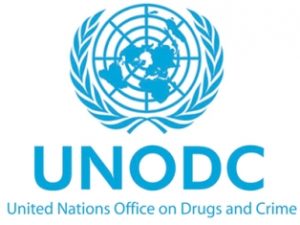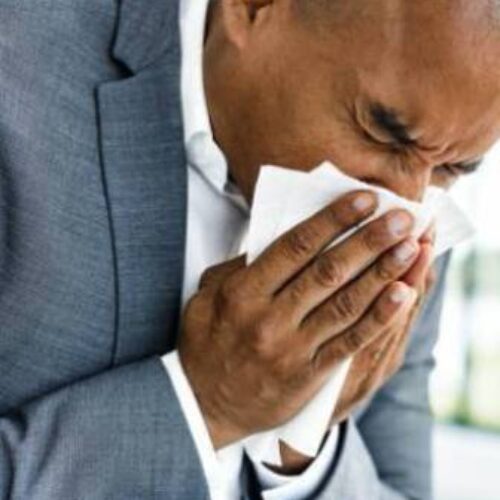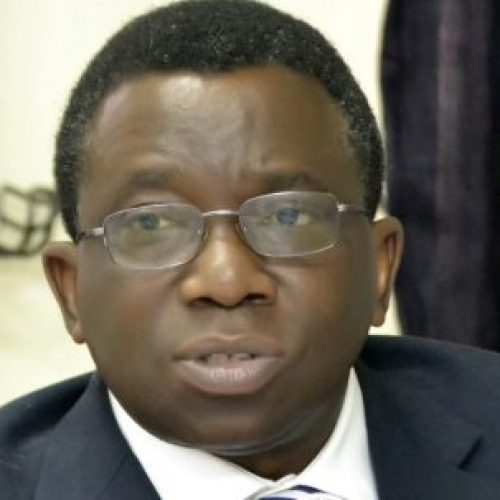EU partners UNODC, NAPTIP to mark decade of anti-trafficking campaigns
The European Union (EU), the National Agency for the Prohibition of Trafficking in Persons (NAPTIP) and the United Nations Office on Drugs and Crime (UNODC) are collaborating on a high level event celebrating a decade of relentless campaigning against Human Trafficking and bringing the perpetrators to justice.
The high point of the event is the final stage of an essay competition on human trafficking for senior secondary students in the Federal capital territory (FCT) entitled “Human Life is Priceless” earlier today at Transcorp Hilton Abuja.
The EU Anti-Trafficking Day was launched in Brussels in 2007. The day is an opportunity to raise awareness about the need for better policies aimed at preventing and combating trafficking in human beings. The title of the Conference launching the Anti-Trafficking Day was ‘Time for Action’. It emphasised that it is time to start implementing measures in order to stop trafficking in human beings and to protect trafficked persons at the national, European and international level.
Trafficking in human beings is specifically prohibited in the Charter of Fundamental Rights of the European Union. The political commitment at EU level to address the problem of trafficking in human beings is reflected in the large number of initiatives, measures and funding programmes established in the area both within the EU and third countries as early as in the 1990s. The scope of the EU’s framework includes both trafficking into Europe and intra-regional trafficking for labour and sexual exploitation in third countries.
The EU Strategy towards the Eradication of Trafficking in Human Beings 2012-2016 sets the policy framework and identifies the EUpriorities. Those priorities are identifying, protecting and assisting victims of trafficking; stepping up the prevention of trafficking in human beings; increased prosecution of traffickers; enhanced coordination and cooperation among key actors and policy coherence and increased knowledge of and effective response to emerging concerns related to all forms of trafficking in human beings.
It also outlines a number of actions which the European Commission proposes to implement during 2012-2016 in concert with other actors, including Member States, European External Action Service, EU institutions, EU agencies, international organisations, third countries, civil society and the private sector.
In line with the priorities the EU has since 2011 funded major anti-trafficking projects under the auspices of ‘Promoting Better Management of Migration in Nigeria’ being jointly implemented by UNODC and the International Organization for Migration in support of national partners.
About author
You might also like
Will physiotherapy help my persistent cough and weight loss
Yes … it could be COPD, Prof Useh says Dear Prof, I am a 55-year old accountant with a private firm in Lagos. I’ve been coughing for three years and
We’ll stop Noma disease – FG
To establish National Noma Control Programme ABUJA – The Federal Government has said it would do all within its power to ensure Noma disease does not have a foothold in
Nigerian Government can’t fund local vaccine production – Minister
… Seeks private sector involvement ABUJA – Nigerian Government cannot realistically fund local vaccine production, given its present depressed economy, Minister for Health, Professor Isaac Adewole, has said. Prof Adewole,









0 Comments
No Comments Yet!
You can be first to comment this post!